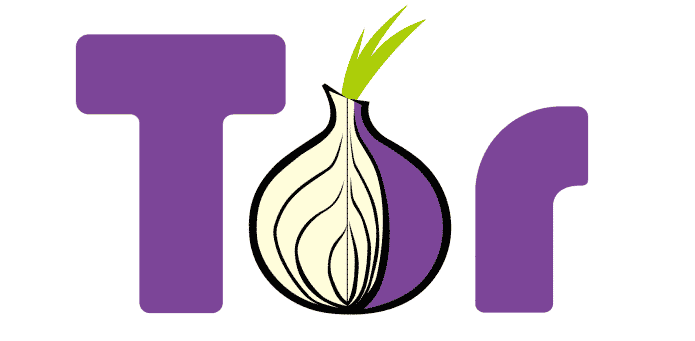Tor does not want to depend on government money, starts crowdfunding campaign for funding
In order to lessen its dependence on U.S. government donations, private communication network Tor, the network that facilitates hidden communications and secure Internet activity has launched a campaign seeking crowdfunding for its work.
According to The Verge, currently up to 90 percent of its funding comes from government donations. To kick off the campaign for donations, the organization has published a blog post called a ‘This is what a Tor Supporter looks like: Laura Poitras’, who is the filmmaker behind the documentary on the Edward Snowden-NSA leaks and a leading privacy advocate.
“There are so many reasons…that we want to protect our privacy and not broadcast every move we make online. Tor is an essential tool that is needed by people to do what they do. It fosters free speech and independent voices.” she said.
Poitras, who is on the U.S. government’s watch list, explains in the post that she sees Tor as “an essential tool that is needed by people to do what they do. It fosters free speech and independent voices.”
It is how Snowden and her communicated and shared the information that was essential to breaking his story. Poitras says:
“There’s no way I would have been able to protect the initial source without using Tor… Fundamentally, without Tor and other free software tools I wouldn’t have been able to do the reporting, and the story would not have been broken”.
With just a post on the Tor blog and a handful of media reports, the crowdfunding campaign has gotten off to a relatively low-key start. It has become all the more obvious this month that there is a huge requirement for independent donations.
The reason being reports suggest that researchers at Carnegie Mellon were paid $1 million by the FBI for research on how to crack Tor. According to the fairly vague statement issued by university, it claims — which were first raised by Tor — were “inaccurate” and that Carnegie Mellon was issued with a subpoena “requesting information about research it had performed.”
Carnegie Mellon wasn’t too clear on the inaccuracies of the claims but, nevertheless, cyber security watchers have questioned whether there was some form of secret understanding between the two parties.
Tor is taking donations at this webpage here.

